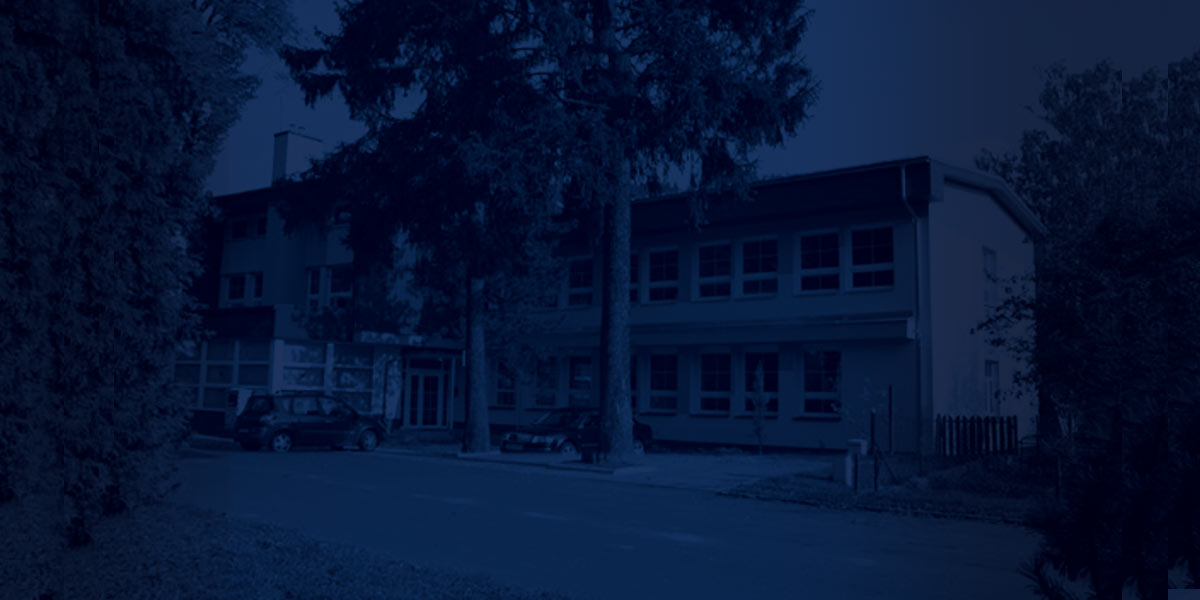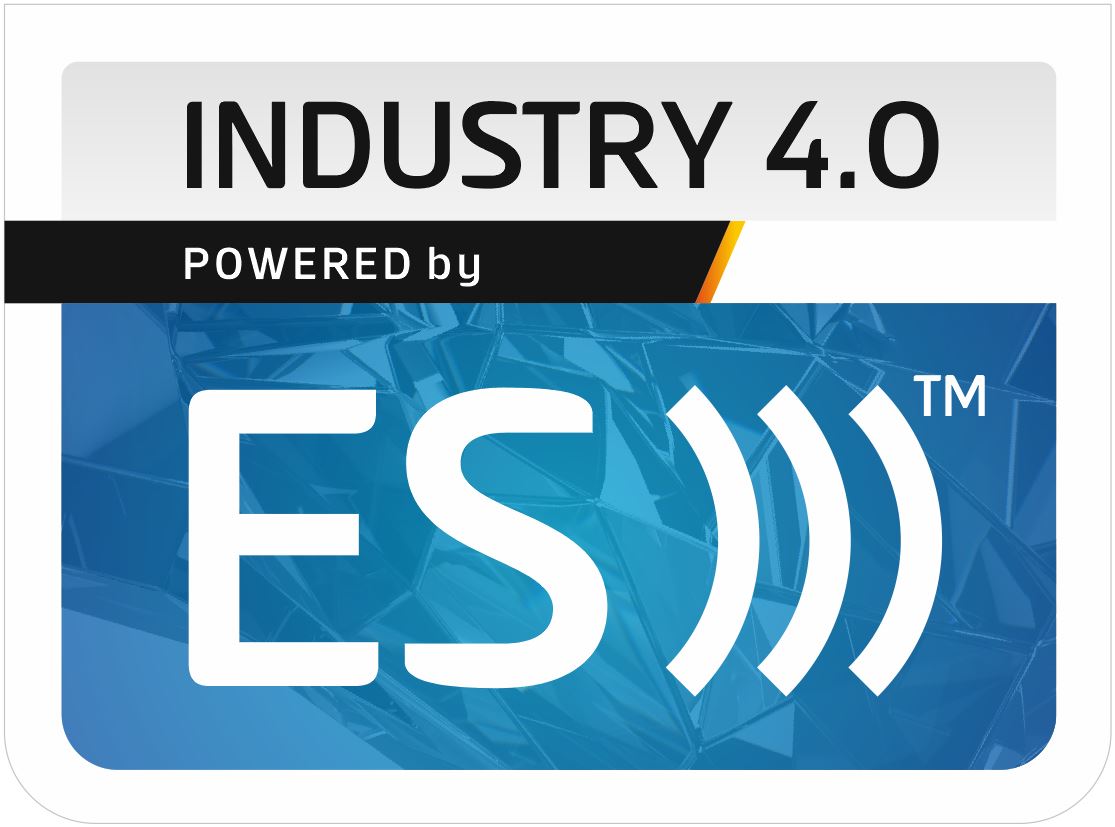Company History
In the space of three decades, GLASS SERVICE (GS) has developed from an entrepreneurial venture to an internationally regarded company.
The background of GS is based on a rich history within the Czech glass industry and, specifically, the high level of basic and applied research in the glass and ceramic fields within the Czech Republic.
The company’s main operating philosophy is the connection between basic research in the fields of glass melting and advanced laboratory technologies, together with long term technical experiences of the operation and construction of melting furnaces. All of the above mentioned fields were historically well developed, but the close connection of these fields was limited. The basic changes between these fields took place in the early eighties of the 20th century, when relatively cheap and flexible computing technologies occurred, making possible the development of the first mathematical simulation models of glass furnaces.

These new technical conditions enabled the direct integration of scientific knowledge and laboratory techniques into the process of melting glass.
A basic use of these solutions occurred in 1984, when new technology was needed to produce glass for colour TVs in Osvetlovaci Sklo, Valasske Mezirici. A working team was created to address the new quality requirements, involving specialist from SVUS Hradec Kralove (State Glass Research Institute), VSCHT Prague (Institute of Chemical Technology), CAS Prague (Czech Academy of Science), and VUSU Teplice (Glass Research Institute).
This team was able to resolve the problems of glass quality in quite a new way, using laboratory and computer techniques. During this work, a concept of continual evaluation of the glass furnace operation was applied. Data gathering, including the exact analysis of glass defects, was also evaluated by these advanced mathematical models and used for furnace operation optimization. Interestingly, most of the future founders of GS were members of this team.
Company Milestones:
In 1990, immediately after new trade laws were issued, Mr. Josef Chmelar registered a new business for service and software in the field of glass named GLASS SOFTWARE (March 1, 1990), which was subsequently renamed GLASS SERVICE.
The company offered consulting services in the field of glass melting and laboratory services. In cooperation with VSCHT and CSAV Prague, GS developed the original software product for glass furnace modelling, the GLASS MODEL.
Concurrently, an analytical tool for glass defect identification was developed, known as the EXPERT SYSTEM ESI.
In 1991, the company was registered as GLASS SERVICE, spol. s r.o. (limited company), which took over all activities of the previously founded business. At this time, the company organized the 1st Seminar on Mathematical Modeling of Glass Furnaces.
During the same year, marketing agreements with the American company COMBUSTION TEC were established. GLASS SERVICE began a marketing campaign of its products abroad and gained its first export orders. The main GS marketing program was aimed at modeling studies, consultation on glass defects, and the delivery of software (SW) applications (i.e. glass batch computing programs).
Also in 1991, GS undertook the construction of a factory which manufactured art glass, known as Bohemian Art Glass.
In 1992 GS continued to market its services on an international level, particularly in western Europe and America. For the first time, GS took part in GlassTec, the well-known trade show in Düsseldorf, Germany.
This same year, operation of the Bohemian Art Glass factory in Vsetin, Czech Republic opened with 80 employees and a capacity of 2 – 3 tons of melted glass per day. The six full electric pot furnaces that were installed and developed by the Glass Service specialists proved to be very effective in low energy consumption, high glass quality and durability. This product, the electric pot furnace, is still in demand and successfully sold by GS Engineering.
The time period 1993 – 1995 was marked by an intensive growth of GS, implementing a company program that was clearly defined as follows:
- Consulting activities in connection with glass furnace modeling
- Engineering activities including the delivery of electric pot furnaces
- Continuous development of modeling SW of glass melting furnaces and melting tests
- Glass defect analysis
- Basic and applied research of melting and refining process in cooperation with VŠCHT a CAS
During this period agencies were established in the USA, South Korea, Great Britain, China and India.
GS regularly participated in significant glass congresses and trade-fairs. Several SW modeling systems for glass furnace modeling were sold to glass manufacturing companies in the USA, South Korea and France.
In 1993, the company continued the tradition of organizing International Seminars on Mathematical Modeling, which continue to be held every two years.
This was a milestone year for GS, marked by its first successful implementation of a supervisory control system for glass furnaces, called EXPERT SYSTEM ES II. Delivery of the ES II system proves to become an important part of the Glass Service offerings.
In 1995, GS sold the Bohemian Art Glass factory to focus fully on its present day technological and research programs.
During 1996 – 1999, GS continued its commercial expansion by opening a new subsidiary GLASS SERVICE, B.V. in the Netherlands (established January 1, 1998), as well as opening a new agency in the Philippines (1997). During this period GS was already serving customers in more than 30 countries throughout the world.
The number of GS employees increased to over 30 people, with individual activities within the company structured as follows:
- A fully-equipped research office in cooperation with CAS and VSCHT located in Prague
- Modeling and software development
- Engineering
- Laboratory services
- Expert systems for furnace control ES II
In 1996, there was another significant milestone – the first installation of the ES II system on a float glass production line (USA).
In 1999, GS moved to its own office building.
On January 1, 2000, the company was restructured as GLASS SERVICE, a.s. (incorporated company), which took over all activities of GLASS SERVICE, spol. s r.o. and its subsidiaries.
In 2001, a subsidiary known as GS Energy & Environment, spol. s r.o. (Teplice, Czech Republic) was established. This daughter company provided glass furnace audits, periscope observations of furnace interiors and furnace infrared surveys.
During the years 2002 – 2004, company growth continued. GS established a joint venture in the Netherlands known as GS Improve, B.V. (2002) and bought a stake in the Japanese company CERAMIC FORUM, which became the GS agency in Japan.
GS also opened subsidiaries in the United States, GLASS SERVICE USA, Inc., as well as an office in China, CZECH GLASS SERVICE INC. Shanghai Representative Office. New agencies were also contracted in Portugal and Italy (2002), Taiwan (2003), Malaysia, Thailand and Russia (2004).
In 2005, GS opened a subsidiary in Slovakia – GS Advanced Computational Technologies Ltd. as well as an office in Hradec Kralove, Czech Republic.
In 2008, FlammaTec, spol. s r.o. was founded as a joint venture with STG Combustion Control GmbH & Co. KG.
In April 2014, F.I.C. (UK) Limited, based in Penzance, Great Britain, was acquired.
In this year GS focused on strengthening its internal growth, emphasizing what made it a glass industry leader, and divesting in what was becoming a commodity. With this in mind, GS divested its GS Energy & Environment (GSEE) furnace endoscopy inspection business, and invested more into furnace energy analyses and benchmarking.
In 2015, GS strengthened its sales network and energy furnace benchmarking know-how.
In 2016, the glass industry became aware of the Industry 4.0 initiative. This concept was created in Germany to summarize the further use of Internet connections and automation to create automatic links between production areas, and even between factories, with less involvement of human resources. Expert System III and smart furnace cameras have been given more attention due to that new interest from the glass industry.
GS engineering, FlammaTec and F.I.C., in order to improve the hardware business, moved their hardware assembly productions into a new engineering hall located near the Headquarters of GS. The hall is used to pre-assemble and test all equipment before being shipped to customers. Furthermore, it allows the GS laboratory to execute larger melting experiments.
In 2017, GS launched its new website on the basis of a content management system to suit the needs of the customers today and adding social media.
North and South America sales were strengthened by adding a dedicated sales support to focus on Central and South American business opportunities.
To support Industry 4.0 concepts, GS formed a new joint venture company A.SENS to strengthen GS development of its own camera hardware and software, with the goal to become the industrial leader in Smart & (near) Infrared furnace camera technology.
The GS laboratory team was expanded by three technicians to extend maintain premium service to customers with quick response and high-level glass defect analysis.
GS Raw Materials were ISO 9001 certified.
2018 is a year that brings further investment on internal growth, adding new installation engineers to the booming Expert System department in Czech Republic and France.
In March 2018, due to increased demand in hybrid and full electric melting in mainland Europe and around the world, F.I.C. (UK) Limited established the new sales and technical support office of F.I.C. Germany GmbH, located in Germany.
The total number of GS employees and people working within the GS group surpasses 100.
GLASS SERVICE embarks upon internal structural changes with the aim to ensure and increase viability, productivity, and effectiveness of the company in the worldwide market; thereby fulfilling its main objective of providing the best services possible to each and every customer.
In March 2020, GLASS SERVICE celebrates 30 years servicing the glass industry.



